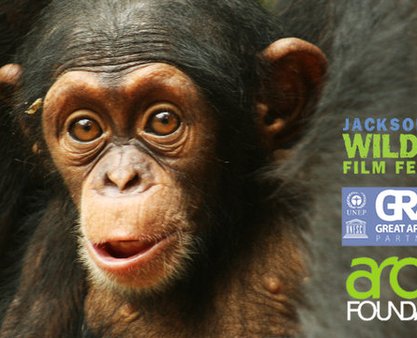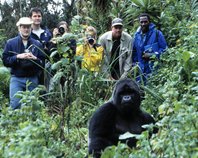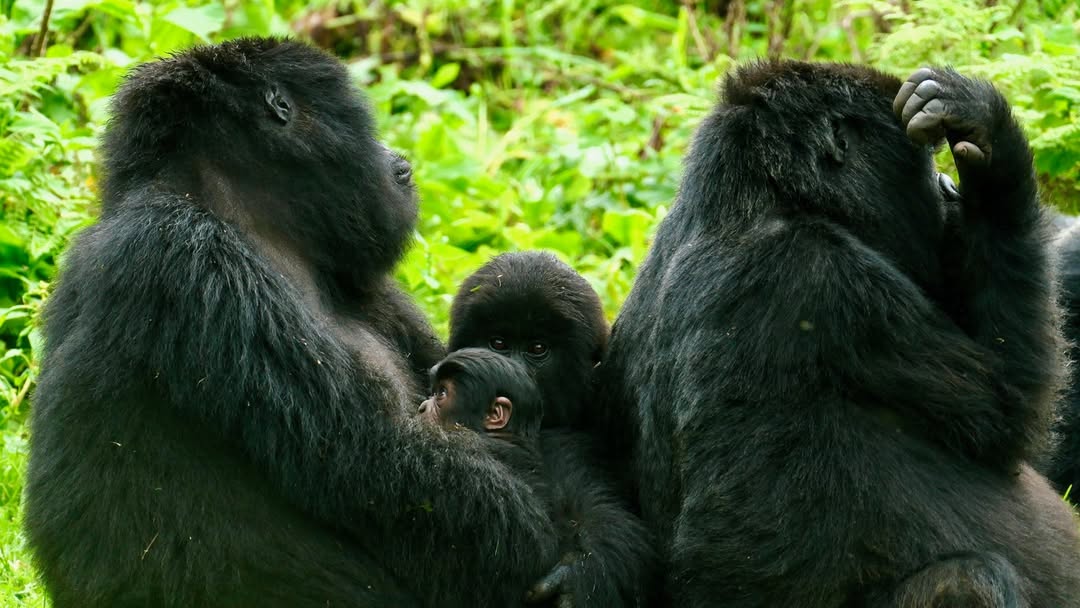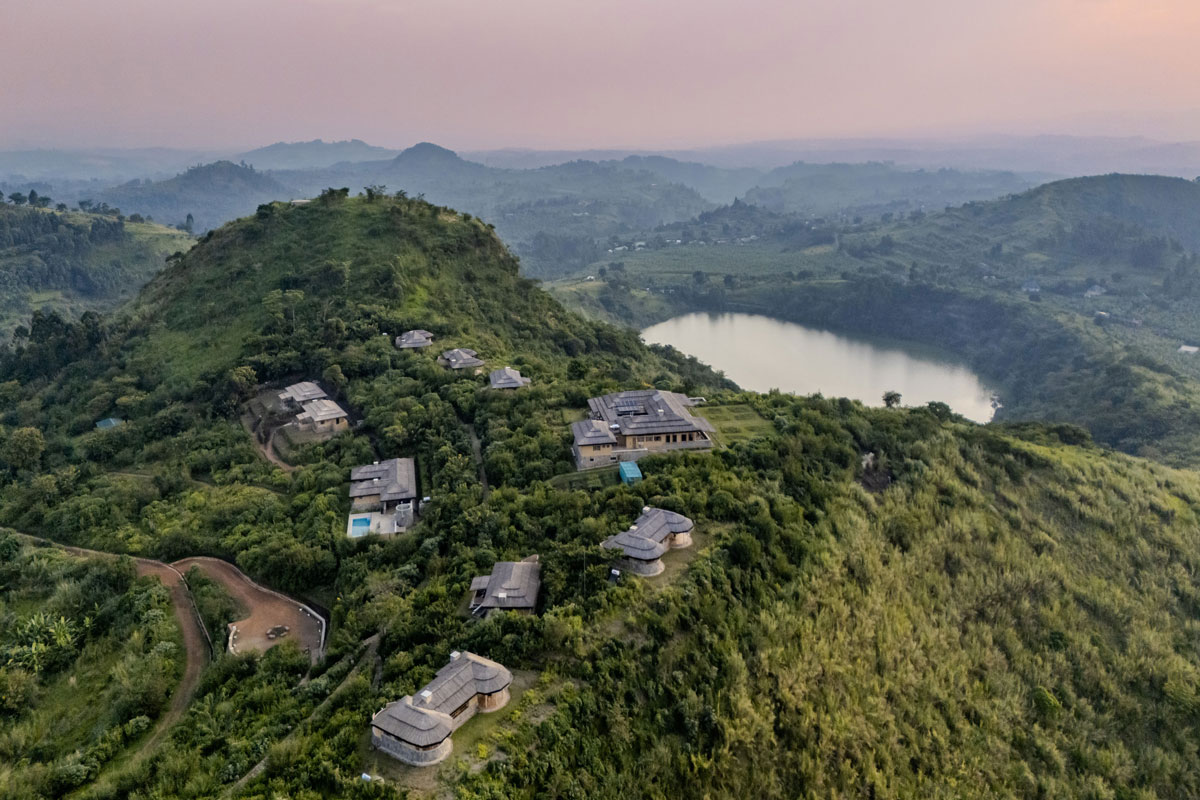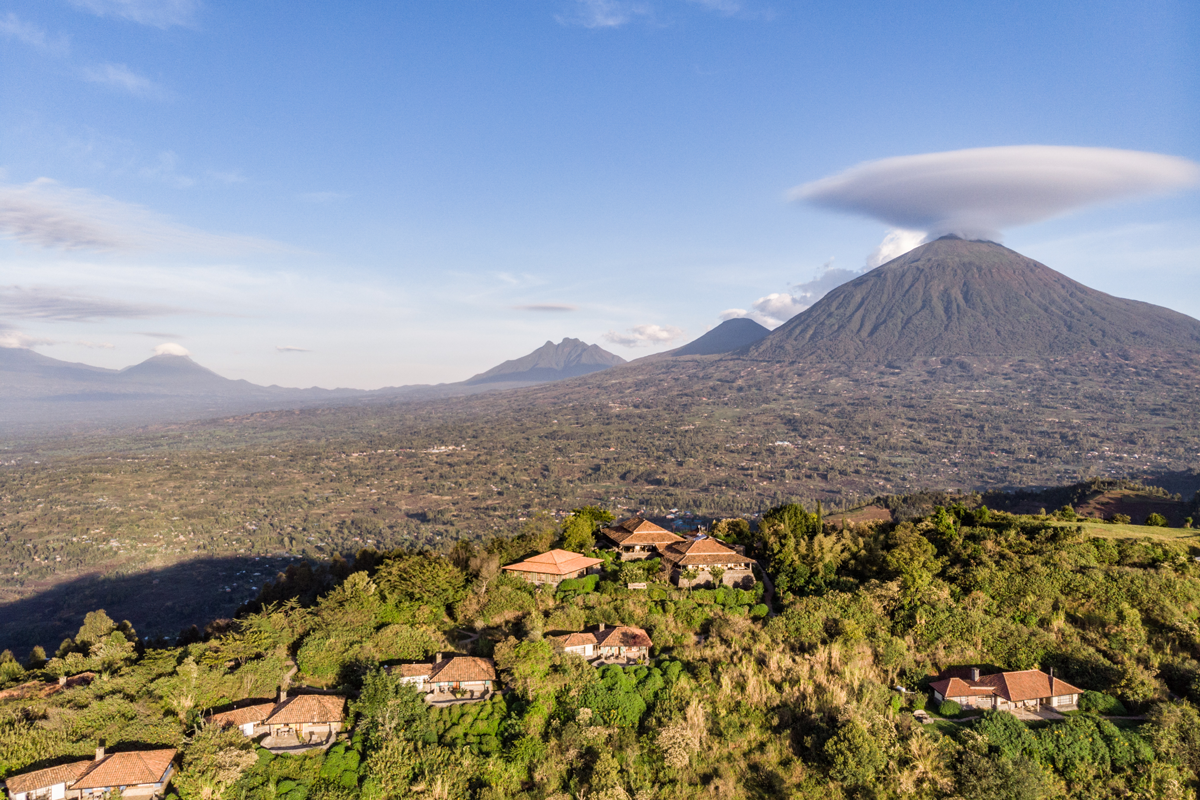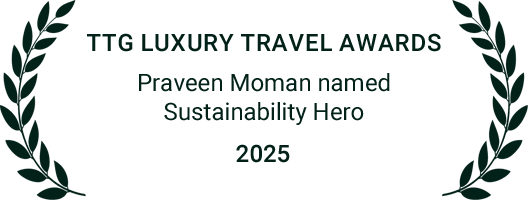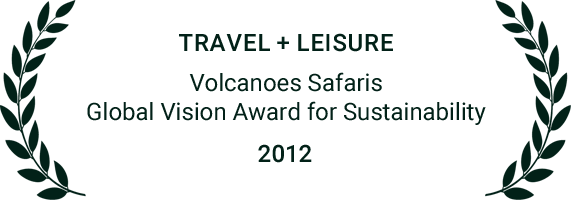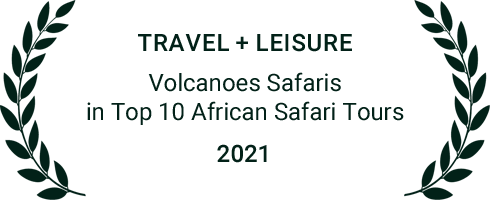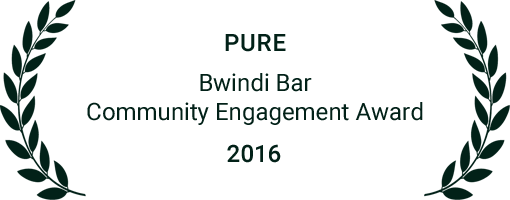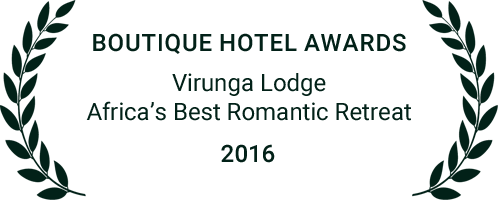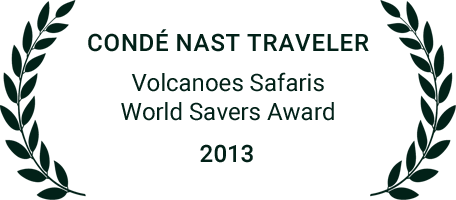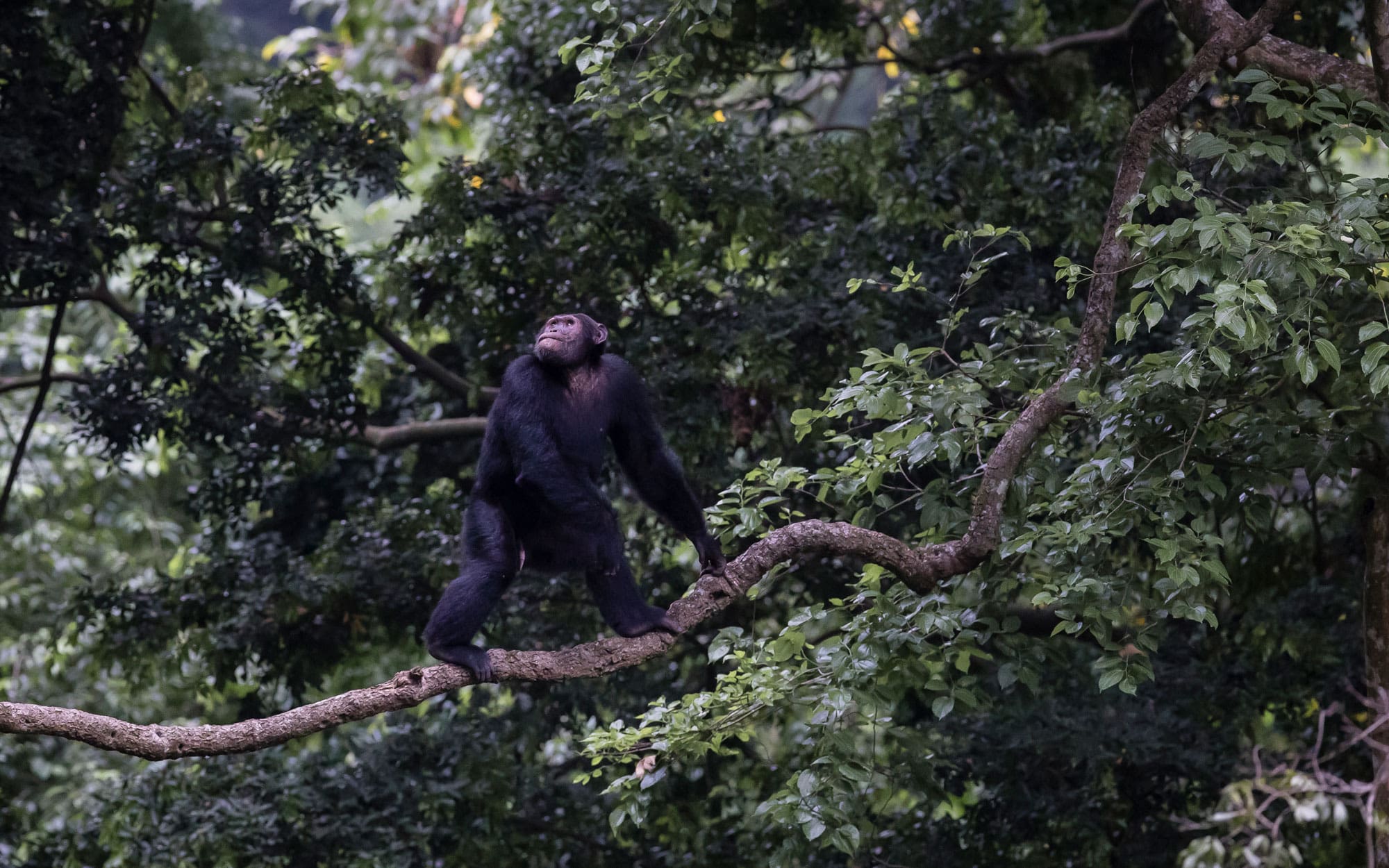Yellowstone, America's first National Park, was established in 1872, giving rise to the modern concept of National Parks and the need to cherish and protect the environment. This concept became the basis of protected areas in Africa when in 1925 the first national park was created, The Parc de Virungas.
It is the romantic dream of the wilderness described by Ansel Adams – master landscaper and passionate national park defender – that I was brought up to cherish by my father, who was obsessed with the “mal d’Afrique”.
However, this nineteenth century romanticism that many of us have been brought up with will not stop the oil installations, the trucks of miners, the loggers or the oil exploration in this modern day. We will need to be less romantic and more hard-headed if we are to have any hope of saving the Great Apes.
The poor countries of Africa and the poor communities also want a slice of the growing wealth of the rich countries. So conservation and tourism must find a way of delivering economic livelihoods if they are to stay relevant in the dramatic changes going on in Africa in this century.
Africans too want a share of what we take as a right - education, health, economic development and a better future for their children. All of us involved in this area will need to find new economic, business ways of working to safeguard the great ape species and protected areas. These efforts will need to focus on the people and communities and only then will the species and the protected areas survive.
At our Mount Gahinga Lodge we are trying to do just that. We are launching a new experience with the Batwa Pygmies, thought to be one of the oldest indigenous peoples of Central Africa. After years of being marginalised, disenfranchised and homeless, the VSPT has worked for 18 months to find a way of sharing their heritage with guests, through a culture program and vocational centre.
That is the Volcanoes great ape ecotourism model – around our lodges and wilderness areas we seek to create sensitive ecotourism that is linked to conservation and communities. People and animals must live in harmony to exist – without tourism the interest in the future of gorillas is in danger of diminishing and disappearing all together, too much tourism and they are endangered by human disease and stress.
As we all know, the populations of apes in the Congo basin are very threatened. Although not easy, the model of Uganda and Rwanda can be exported to the Congo Basin Great Apes. It requires: a completely new approach; the involvement of the private sector which is the missing link in development; massive investment in infrastructure of national parks; and tourism and community development. Conservation organisations and governments alone cannot do this and need the active participation of service delivery organisations and public-private partnerships to make the funding a reality.
I first stated making the case for this approach after visiting CAR and Gabon in 2003. Sadly we have not made much progress. Let's make it happen!
Praveen Moman
